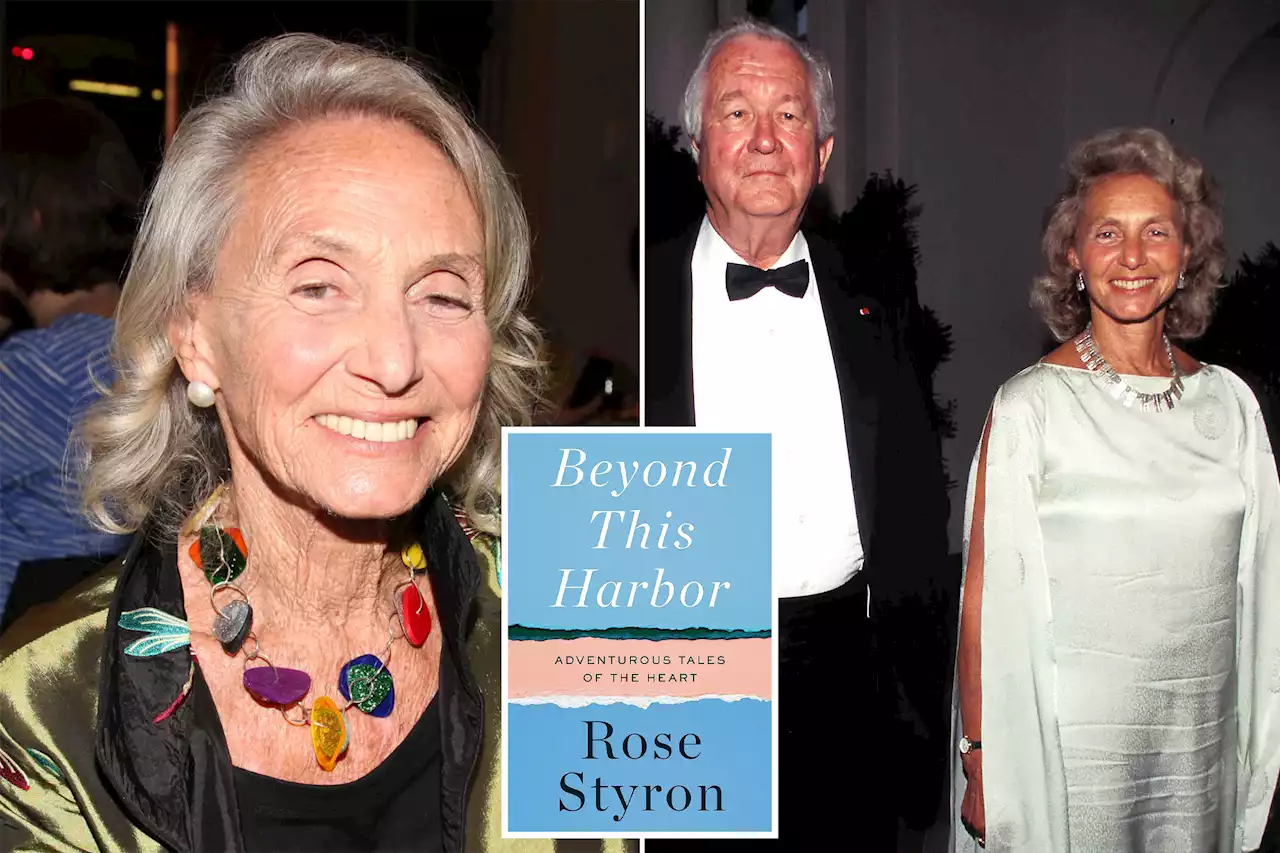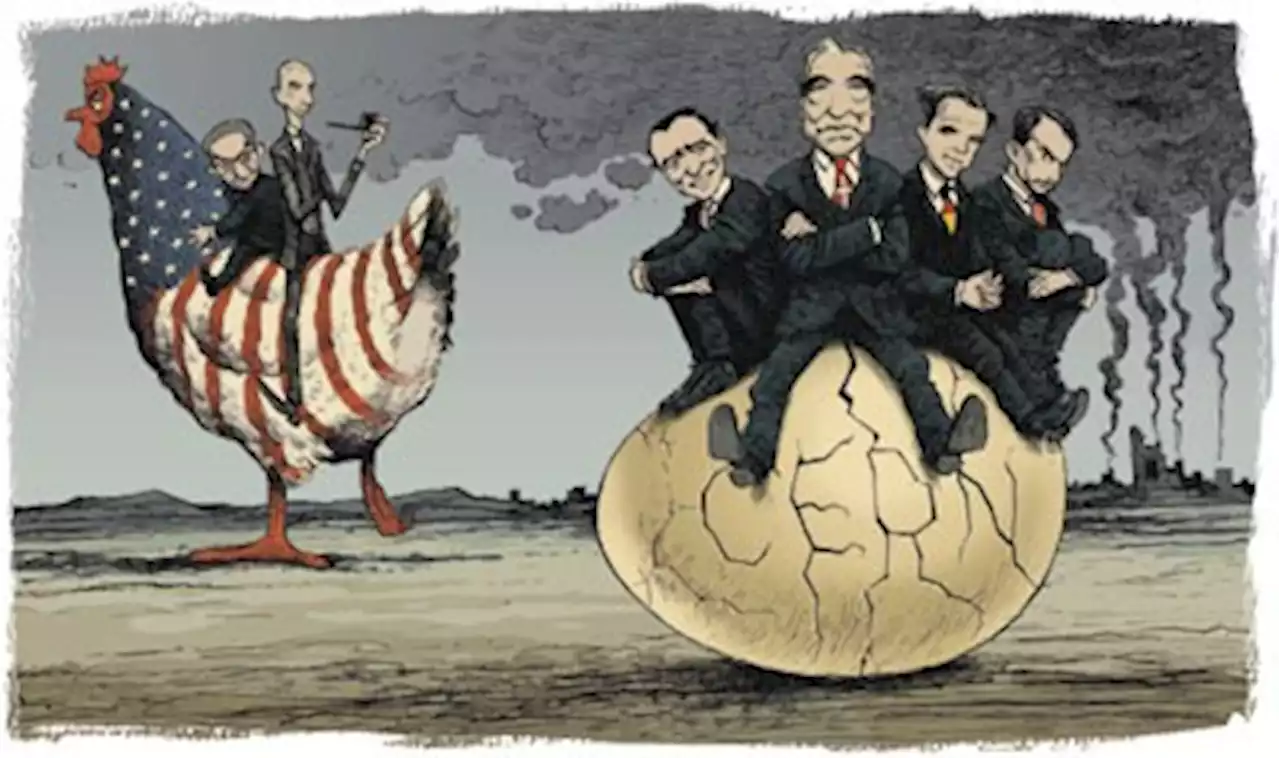Europe's physics infrastructure was shaken following WWII – and Robert Oppenheimer felt he had the solution The idea was to enable Europe's physicists to collaborate, a plan that would become CERN Francois de Rose recounts 5 days that changed physics
As a young French diplomat taking my first steps in international affairs, I had the privilege of representing my country for several years at a United Nations commission in the late 1940s. The United States, under the leadership of the financier and presidential adviser Bernard Baruch and the physicist Robert Oppenheimer, wanted the United Nations to be given oversight of all the world's nuclear weapons and nuclear power — the so-called Baruch plan.
We had a mixed reception. There was a good deal of support, but some governments and scientists saw the project as too costly at a time when Europe's citizens were being asked to tighten their belts. Others feared it would take money away from individual national labs — which might, in turn, affect the project, because successful international cooperation needed national labs to be well resourced.
Auger opened by publicly thanking the United States for suggesting the idea to UNESCO. Next, Thomson rose to speak, and as the official report of the meeting records, he got straight to the point: “Britain has, since the war, spent a large sum of money on nuclear physics and especially on large machines. In the present state of financial stringency, further large expenditure by Britain on nuclear physics would not be justified.
For France, Perrin said that the lack of more powerful equipment in the physics of fundamental particles would have the effect of “prejudicing European states and the aspects of civilization that they represent”. He reminded the meeting that Europe's scientists would move to America if they couldn't find good facilities at home; and he said that building a machine comparable to those being constructed in the United States would be “far beyond the means of any single European state”.
Today, as CERN enters an exciting new phase, it is worth recalling the many paradoxes in the foundation of this great institution. For example, at the 1951 meeting, unusually for the time, the United Kingdom took an opposite position to America's known wishes. Also unusual was the fact that the United States felt more strongly than Britain the need to strengthen European science, a major component of European culture.
United States Latest News, United States Headlines
Similar News:You can also read news stories similar to this one that we have collected from other news sources.
 Poet Rose Styron had a charmed life full of A-list parties and hijinksRose Styron’s new memoir chronicles her star-studded exploits with her novelist husband, Bill Styron.
Poet Rose Styron had a charmed life full of A-list parties and hijinksRose Styron’s new memoir chronicles her star-studded exploits with her novelist husband, Bill Styron.
Read more »
 Christian Pulisic looks ahead to future with AC Milan ahead of Rose Bowl friendlyPulisic won’t turn 25 until later this summer, but America’s most famous men’s soccer player sounded like a grizzled veteran on Saturday.
Christian Pulisic looks ahead to future with AC Milan ahead of Rose Bowl friendlyPulisic won’t turn 25 until later this summer, but America’s most famous men’s soccer player sounded like a grizzled veteran on Saturday.
Read more »
 FBI Botched Query on Senator Even as Its Adherence to Wiretap Program Rules RoseWASHINGTON — An FBI analyst improperly used a high-profile warrantless surveillance program to conduct overly broad searches about two lawmakers, including a U.S. senator, last June, a newly declassified court ruling released Friday shows, even as the bureau has overall improved compliance with limits on the program. In the June 2022 episode, the analyst had a legitimate reason for searching for information about the legislators, who also included a state lawmaker, in a repository of intercepts,
FBI Botched Query on Senator Even as Its Adherence to Wiretap Program Rules RoseWASHINGTON — An FBI analyst improperly used a high-profile warrantless surveillance program to conduct overly broad searches about two lawmakers, including a U.S. senator, last June, a newly declassified court ruling released Friday shows, even as the bureau has overall improved compliance with limits on the program. In the June 2022 episode, the analyst had a legitimate reason for searching for information about the legislators, who also included a state lawmaker, in a repository of intercepts,
Read more »
 Fierce protests have been rocking Israel for months. What’s fueling them?The protesters are part of a grassroots movement that rose out of opposition to a contentious judicial overhaul spearheaded by Prime Minister Benjamin Netanyahu and his far-right allies.
Fierce protests have been rocking Israel for months. What’s fueling them?The protesters are part of a grassroots movement that rose out of opposition to a contentious judicial overhaul spearheaded by Prime Minister Benjamin Netanyahu and his far-right allies.
Read more »
 Americans in Their Prime Are Flooding Into the Job MarketAmericans between 25 and 54 are flooding into the job market as the share of people considered in their prime either working or seeking jobs rose this year to the highest level since 2002
Americans in Their Prime Are Flooding Into the Job MarketAmericans between 25 and 54 are flooding into the job market as the share of people considered in their prime either working or seeking jobs rose this year to the highest level since 2002
Read more »
 Trailblazer: Former regent, UA vp, Tucson community leader Edith Auslander diesEdith Sayre Auslander rose to the upper echelon of Arizona's university system while championing minorities and women in higher education and journalism.
Trailblazer: Former regent, UA vp, Tucson community leader Edith Auslander diesEdith Sayre Auslander rose to the upper echelon of Arizona's university system while championing minorities and women in higher education and journalism.
Read more »
